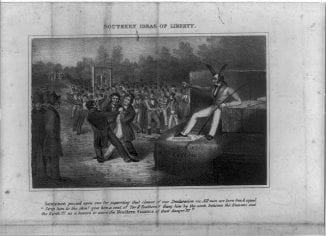
King: the Martyr and Human
Martin Luther King, Jr. was arguably the most publicized civil rights leader in the 20th century, but somehow, I have never come across this image until now. As recipients of history, we see the images of King addressing the masses in Washington, D.C. or locking arms with other leaders in a march. We see him […]




